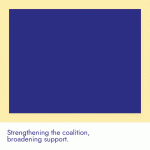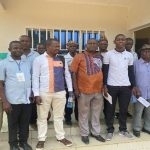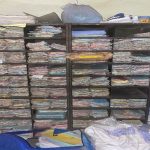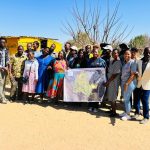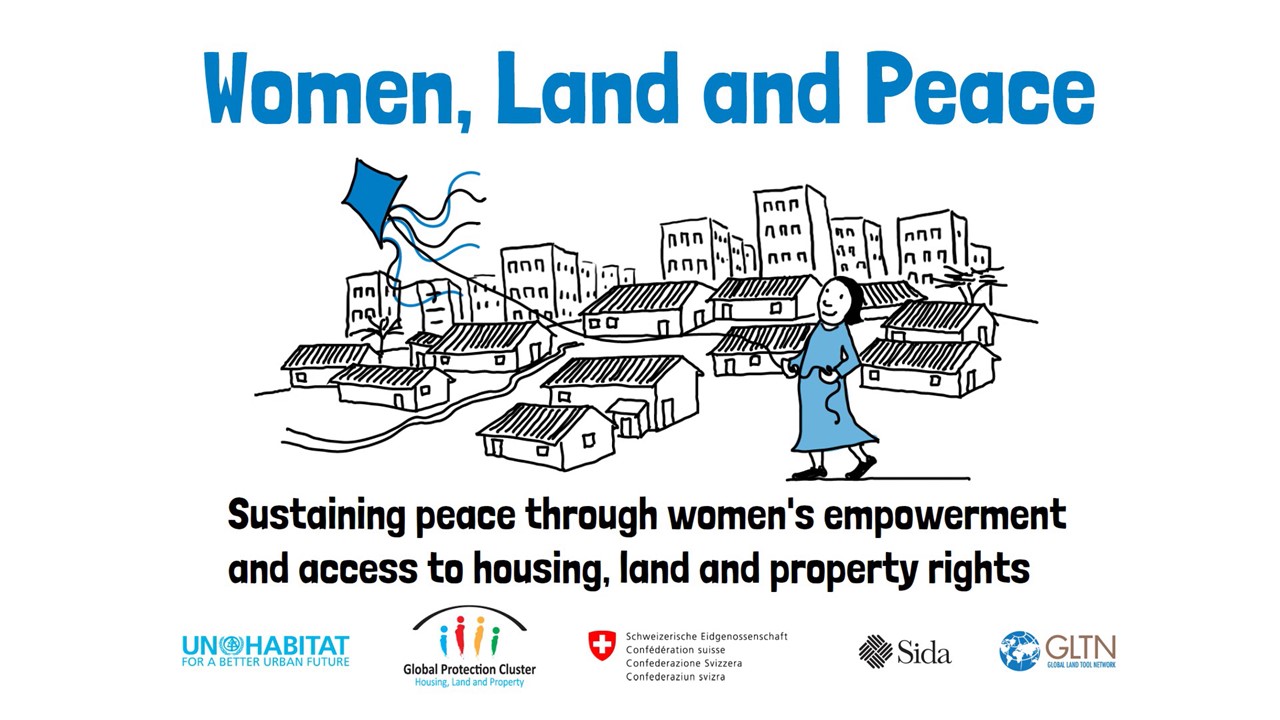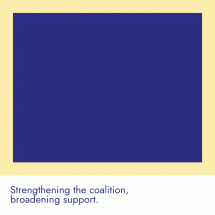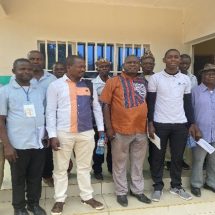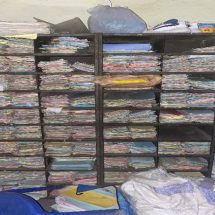Women’s rights to housing, land and property are central to peace!
In fragile and conflict-affected contexts, strengthening women’s housing, land and property rights can help societies move from humanitarian vulnerability towards recovery and self-reliance, laying the foundations for state-building and peace.
Securing housing, land and property rights increases food security and promotes the realization of other interconnected human rights, such as an adequate standard of living, adequate housing, protection against forced eviction, and gender equality.
Securing housing, land and property rights enables women to feel safe in their communities and empowers them to actively participate in decision-making, peace negotiations, peacebuilding and peacekeeping.
On the occasion of the Global Protection Cluster (GPC) Conference, UN-Habitat and the Global Land Tool Network are pleased to release the new training video on Women, Land and Peace capturing the Key Messages on Sustaining Peace through Women’s Empowerment and Increased Access to Land and Property Rights in Fragile and Conflict-affected Contexts developed in collaboration with the HLP Area of Responsibility of the Global Protection Cluster and with the support of Swedish International Development Cooperation Agency (SIDA) and the Swiss Agency for Development and Cooperation (SDC).
Following the journey of Sarah and her children, the training video stresses the urgency of protecting women and men’s housing, land and property rights in fragile and conflict affected contexts, and provides actionable recommendations for protecting their rights during conflicts and displacement, upon return, for conflict prevention and in the recovery phase.
The video has been designed as a ready-to-use training module that can be used as a stand-alone or integrated in other training/learning activities related to land, HLP rights, women empowerment and participation, peacebuilding, etc.
It targets primarily, but not only, practitioners approaching the work on land and/or gender issues in fragile contexts without extensive background and technical specialized knowledge on it.
The video is available in English, Arabic and French. Enjoy the screening!

